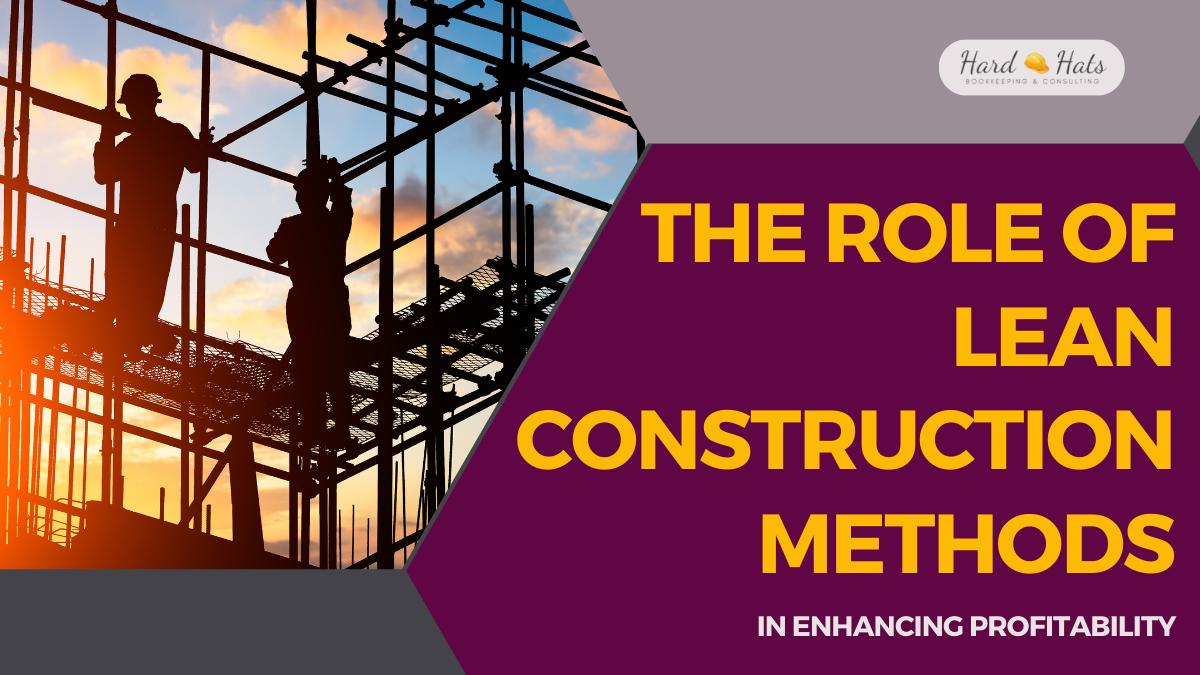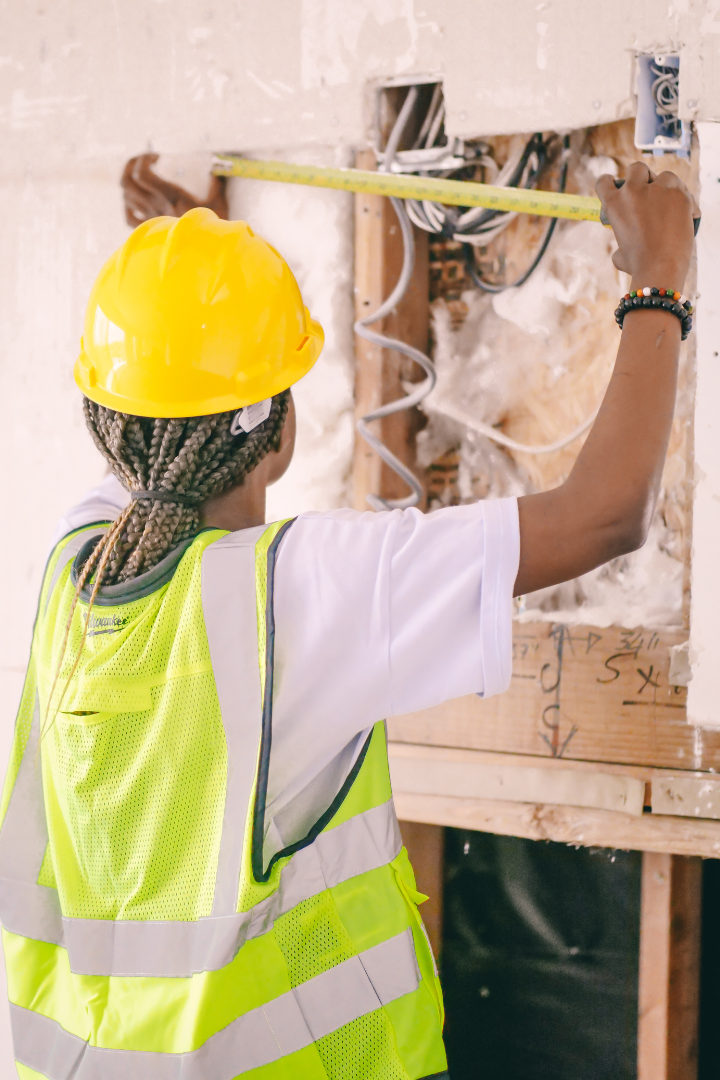
CONSTRUCTION BOOKKEEPING INSIGHTS / JUNE 07, 2024
Lean construction methods have emerged as a transformative approach in the construction industry, revolutionizing traditional practices to enhance profitability and efficiency. By focusing on eliminating waste, optimizing processes, and delivering value to customers, lean principles have become synonymous with driving cost savings and improving project outcomes.
Imagine a construction site where things run smoothly, tasks are completed efficiently, and resources are utilized effectively. That's essentially the essence of lean construction. Lean construction is all about optimizing processes, eliminating waste, and delivering projects with maximum value for clients.
Value stream mapping involves analyzing every step in your construction process to identify where value is added and where there is waste. By mapping out the value stream, construction teams can streamline their processes, reduce lead times, and boost overall efficiency.
Construction projects can be riddled with waste, from excess materials to inefficient workflows. Lean construction focuses on identifying different types of waste, such as overproduction, waiting times, or unnecessary movement, and implementing strategies to minimize or eliminate them. By reducing waste, construction companies can save time, money, and resources.
One of the biggest perks of lean construction is its ability to cut costs. By optimizing processes, reducing waste, and improving productivity, construction companies can lower their expenses and increase their profits. Cost savings can come from various aspects, such as fewer rework instances, better resource utilization, and minimized downtime.

Efficiency is key in construction projects, and lean construction excels in this area. By streamlining workflows, standardizing processes, and fostering collaboration among team members, lean construction helps projects run smoothly and on schedule. Improved efficiency means faster project delivery, happier clients, and a healthier bottom line.
Implementing lean construction requires a mindset shift and new skills. Providing training and education for construction teams on lean principles and methodologies is crucial for successful implementation. By equipping teams with the right knowledge and tools, companies can ensure that everyone is on board with lean practices and working towards common goals.
Integration with Technology
Technology plays a significant role in lean construction, enabling teams to improve communication, enhance project visibility, and track progress in real-time. Integrating lean construction methods with construction management software, Building Information Modeling (BIM), and other digital tools can further streamline processes, increase efficiency, and drive profitability.
SHARE THIS
COMMENTS
